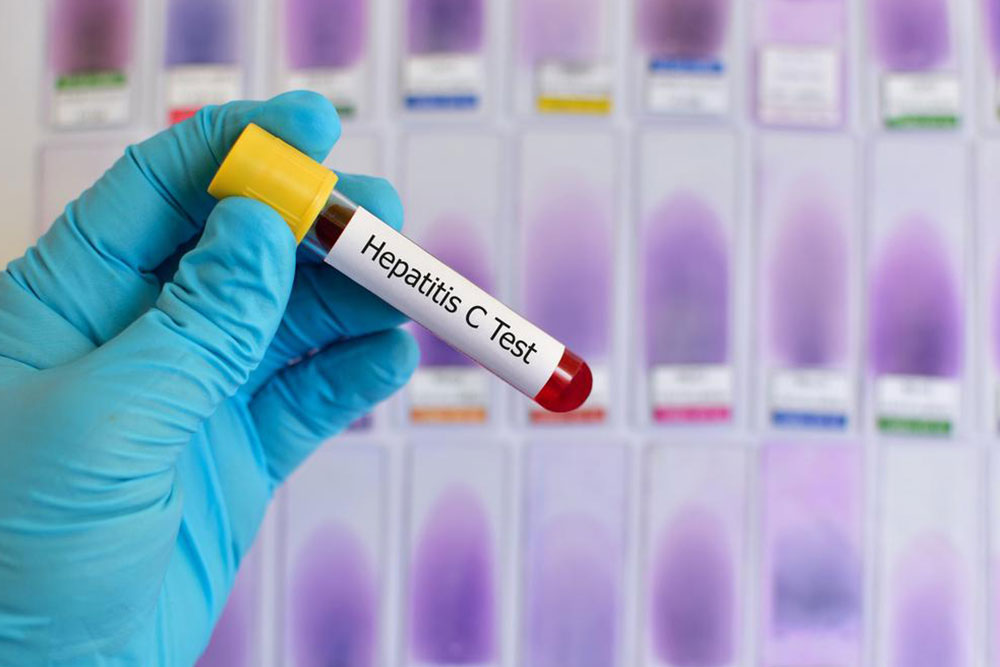Early Indicators and Symptoms of Kidney Dysfunction
This article highlights key early signs of kidney dysfunction, including fatigue, urination changes, swelling, and skin itchiness. Recognizing these symptoms promptly can lead to early intervention, helping prevent disease progression. Maintaining kidney health involves lifestyle adjustments, proper hydration, and regular medical check-ups. If you experience any of these signs, seek professional advice to ensure appropriate management and avoid serious complications like kidney failure that might require dialysis or transplant.

Early Indicators and Symptoms of Kidney Dysfunction
Chronic kidney disease (CKD) develops gradually as the kidneys lose their ability to filter waste and excess fluids from the bloodstream. Often stemming from conditions like hypertension and diabetes, CKD worsens over time if neglected, leading to toxin buildup in the body. While a cure is not currently available, managing the condition can help preserve kidney function. Recognizing early symptoms is crucial for timely intervention to prevent progression to kidney failure, which may require dialysis or transplant.
Fatigue and Weakness
Kidneys filter out harmful waste; when they fail, toxins accumulate, causing fatigue despite adequate rest. Patients may feel unusually tired after minimal exertion and experience difficulty concentrating due to reduced red blood cell production, leading to anemia and decreased oxygen delivery.
Changes in Urination
Kidney impairment can alter urination patterns. Increased frequency, especially at night (nocturia), or painful urination are common. Urine may appear foamy if protein leaks, or contain blood. These signs warrant medical evaluation, as other issues like infections or stones can produce similar symptoms.
Sleep Disturbances
Sleep problems, including sleep apnea, are linked to kidney problems. Poor oxygen intake during sleep can impair kidney function, and kidney issues may worsen sleep quality due to toxin buildup.
Itchy Skin
Accumulation of toxins causes skin itchiness and rashes. Persistent itching not relieved by home remedies indicates possible kidney trouble. Over time, mineral imbalance may lead to bone issues and other health complications.
Swelling and Edema
Swelling in the face, feet, and hands results from the kidneys’ inability to remove sodium, leading to water retention. Puffiness around the eyes and limbs is an early sign. Excess protein in urine can also cause facial swelling.
Muscle Cramps
Electrolyte imbalances caused by kidney dysfunction can trigger cramps, often in the legs. These may be due to disrupted sodium, calcium, or potassium levels, signaling deeper issues.
Nausea and Vomiting
Wastes accumulating in blood irritate the stomach, causing nausea, vomiting, and decreased appetite. Persistent gastrointestinal symptoms can lead to nutritional deficiencies if not addressed.
Breathlessness and Fatigue
Reduced erythropoietin production leads to anemia, causing shortness of breath. Fluid buildup also complicates breathing, making physical activity difficult.
Cognitive Fog
High toxin levels affect brain function, leading to dizziness, confusion, and difficulty concentrating—symptoms of uremic toxin accumulation.
Early detection and professional consultation are vital if these signs appear. Lifestyle changes, proper diet, exercise, hydration, and blood pressure control are essential to maintain kidney health. Ignoring symptoms can cause irreversible damage, necessitating dialysis or transplant in advanced stages. Contact healthcare providers to understand and manage kidney health effectively.










